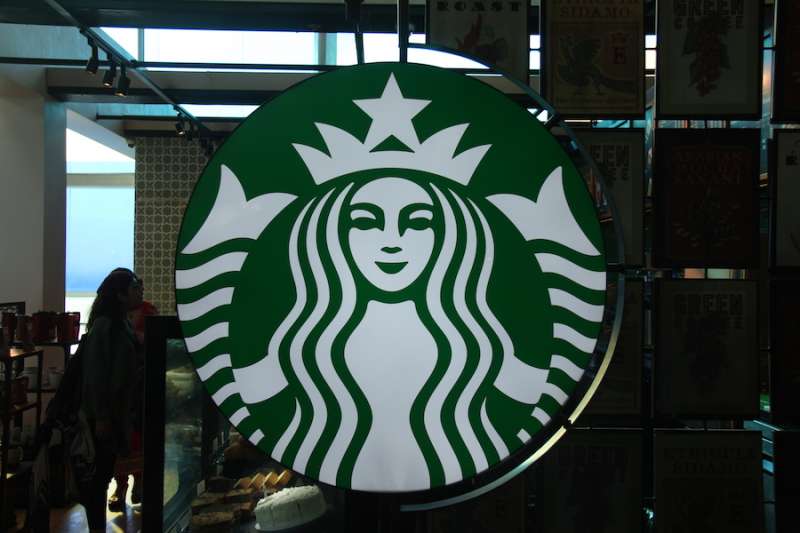Coffee giant Starbucks and microblogging website Tumblr have each announced they will be taking steps to prevent the online access of pornography.
Tumblr announced Monday that sexually explicit content and nudity will be banned on its blogging platform, effective Dec. 17.
The policy comes after the site was removed from Apple’s App Store in November. Images of child pornography had reportedly been uploaded on the website, after the filters had failed to block them.
According to the new ban, GIFs, videos, and images exposing genitalia, along with illustrated sexual acts, will be prohibited. Art featuring nudity will be permitted, as will nakedness in some photos of public events like political protests.
In a similar move, Starbucks announced last week it will block access to pornographic material viewed through WiFi networks at the company’s stores beginning next year. The coffee chain banned in-store pornography in 2016, but did not install filters to prevent customers from accessing pornography.
The recent decision comes after an internet-safety group, Enough is Enough, pressured Starbucks to restrict the pornography accessed on the café’s WiFi.
The coffee company said recently that it had been looking for a way to block pornography on its network without thwarting access to other websites.
Details on the new filters have not been released, but Starbucks has said it will introduce them sometime in 2019.
"We have identified a solution to prevent this content from being viewed within our stores and we will begin introducing it to our U.S. locations in 2019," the representative told NBC News.
Starbucks made the announcement shortly after Enough is Enough re-issued a petition Nov. 20 which has more than 26,000 signatures. The petition was a second attempt by the group to campaign against the lack of porn restriction on Starbucks’ WiFi.
In 2014, the non-profit pressured Starbucks and McDonald’s to create a porn-free environment on publicly accessible WiFi.
Donna Hughes, CEO of Enough is Enough, said McDonald’s quickly responded to fix the problem, while Starbucks promised to act but did not. At present, Starbucks has only filtered porn in its U.K. locations.
"Starbucks has had a tremendous opportunity to put its best foot forward in protecting its customers from images deemed obscene and illegal under the law, but they haven't budged, despite their promise two years ago,” Hughes said in a Nov. 26 statement.
"We demand Starbucks do the right thing by keeping its promise of two and half years ago," she said. "We applaud Starbucks' commitment to protect children in its UK stores, but what about America's children? …There's no reason why Starbucks can't offer that same level of commitment of WiFi safety to its loyal customer base here in the United States.”
Hughes said that because Starbucks did not follow through with its 2016 commitment, the company has kept open an for child pornography to be accessed under the radar, and for teens to bypass parental controls.
Enough is Enough ran a thank-you campaign for Starbucks after it promised to block porn in 2016. Hughes told NBC News that, this time, the group will withhold applause and continue to apply pressure until the changes are seen.
"They won’t get an applause until they’ve actually implemented safe Wi-Fi filtering," Hughes said. "This time we’re going to wait and see, and we’re going to keep the pressure on."
Major porn websites have issued statements in response to the decision. The pornographic video-sharing site YouPorn, released a memo which banned the Starbucks’ products from the organization’s offices, beginning in January 2019.
A similar site, Pornhub, also issued a statement, noting it would be rolling out “Safe for Work” content – nudity-free videos. The category contains topics like video game reviews and advice from porn stars.
However, sexual and obscene advertisements may still be encountered in the "SFW" webpages. It is unclear if the new ban will block entire domains containing pornography, or allow access to parts of the websites which do not have sexually explicit material.

